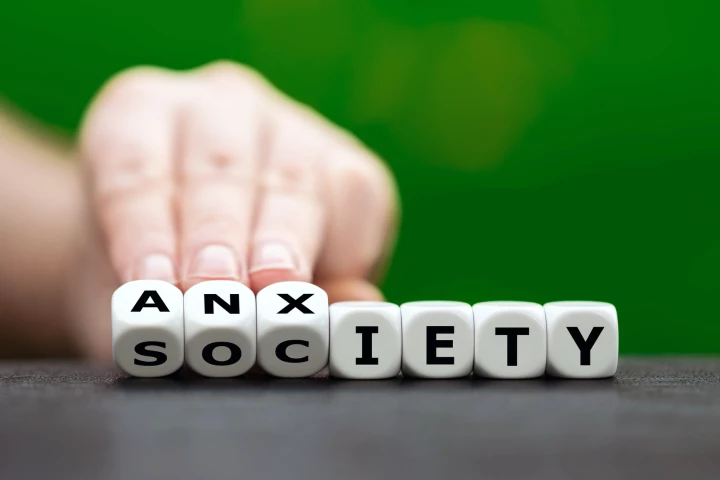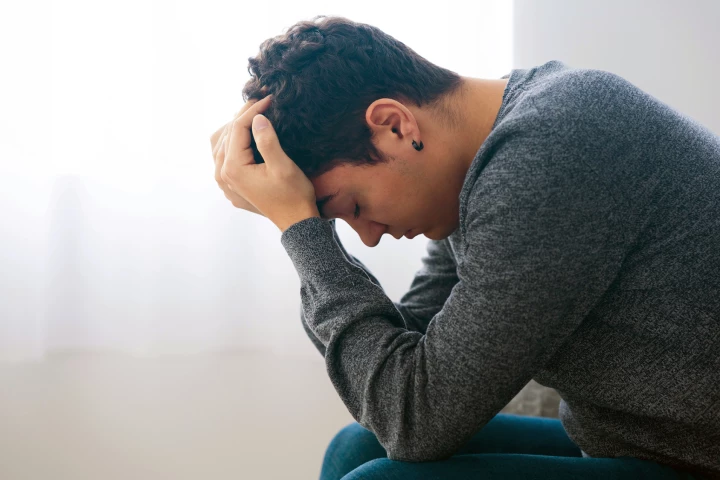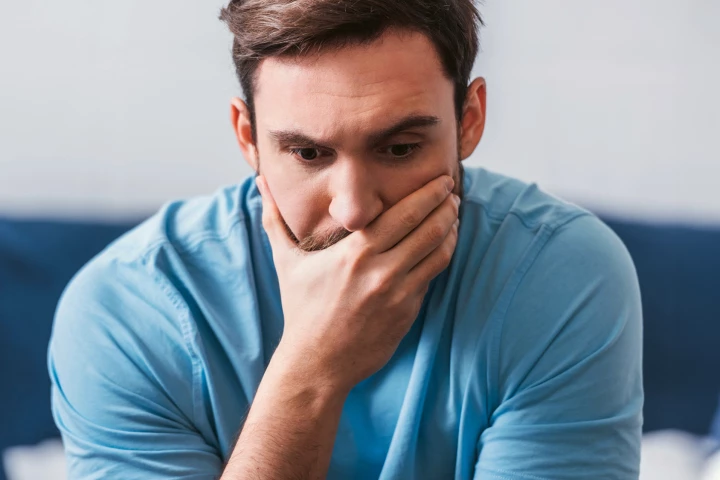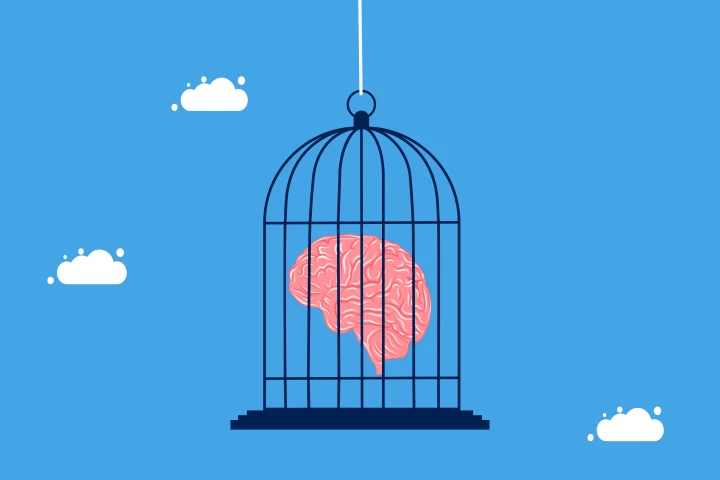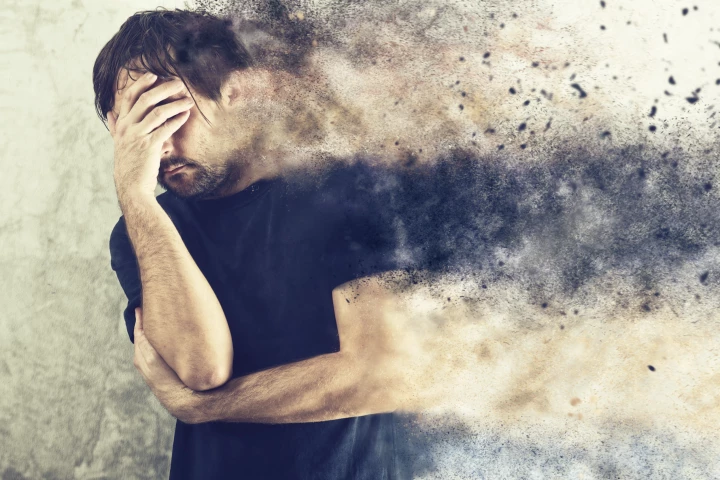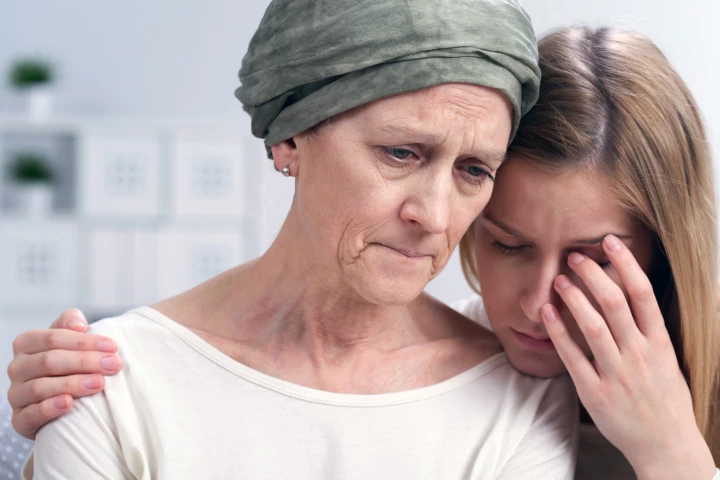Anxiety
-
In a breakthrough, scientists have discovered that a variant in one gene can cause mental illnesses – something previously believed to only be the result of several variants working together. What's more, these conditions often develop in childhood.
-
In the most comprehensive investigation of the ketogenic diet’s mental health effects yet, researchers pooled 50 studies spanning six decades to see what we actually know about its influence on mood. The results are a mix of promising and uncertain.
-
Scientists have identified a significant link between levels of choline and the prevalence of anxiety, suggesting that upping intake of this essential nutrient found in many foods could potentially improve symptoms of these debilitating disorders.
-
A one-week, clinician-supported online therapy program significantly reduced anxiety and improved daily functioning for adults with social anxiety disorder, according to a new study. It’s a promising step toward more flexible, accessible treatments.
-
A new study suggests that a father’s COVID-19 infection could do more than make him sick – it may leave epigenetic marks on his sperm that pass anxiety to his offspring, revealing how viral infections can echo across generations.
-
A new study shows that a personalized, precise form of brain stimulation, HD-tDCS, can rapidly ease depression symptoms – and even reduce anxiety – offering a promising drug-free alternative with only mild side effects.
-
Stress during pregnancy may rewire a baby’s brain for anxiety, a new study found. Adverse prenatal environments change how neurons in the hippocampus develop, leaving offspring more sensitive to threats in adulthood.
-
This year a clinical trial will test a drug combination designed to bring lasting relief for people with panic disorder – a condition that can upend daily life and be notoriously difficult to treat. No new medications have been approved since 2003.
-
If you feel your morning coffee puts a spring in your step, science has your back. In the first large-scale real-world study of its kind, researchers found that caffeine can significantly improve mood under certain conditions – especially in the morning.
-
For the first time, scientists have uncovered a distinct biological process triggered in those who suffer from high levels of Monday anxiety, resulting in chronic stress. And it can lead to serious health problems if it's left unmanaged.
-
Water-based exercise not only improved muscle strength in people with chronic low back pain, but it also improved quality of life, according to a new study. Aquatic therapy could be a viable alternative for those who fear moving or exercising due to pain.
-
A single psilocybin dose can significantly reduce depression in people with cancer for up to two years, according to a new study. While the study has limitations, it demonstrates the potential of psychedelic therapy in the context of cancer.
Load More



